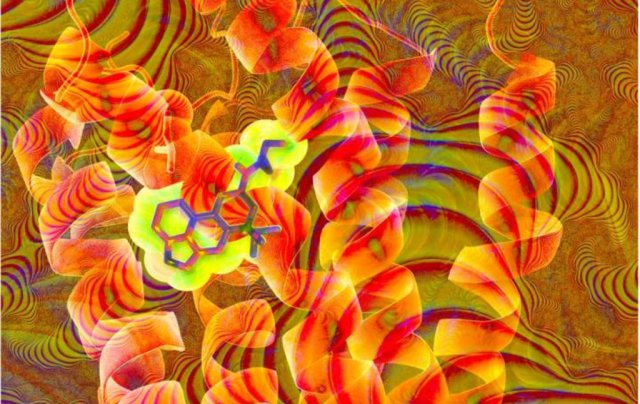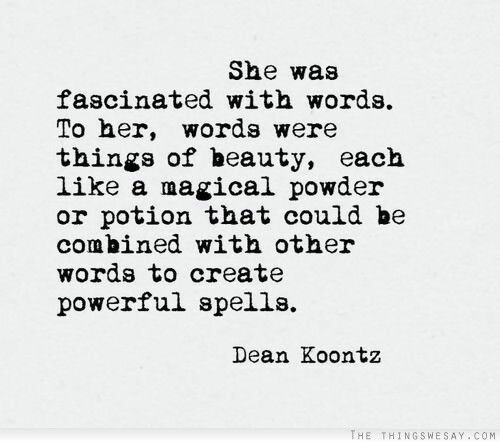Paul Austin advocates for increased government funding of psychedelic therapy research, which can transform the way we understand and treat mental health conditions.
__________________________________________
Groundbreaking psychedelic therapies could be the start of a paradigm shift in mental health treatment, and there is a desperate need to support such research. However, given that psychedelics can’t be patented, private investors typically aren’t interested in supporting psychedelic therapy research. A group of Canadian researchers, led by MAPS (Multidisciplinary Association for Psychedelic Studies) Canada, recently petitioned the federal government to support long-term research funding for psychedelic therapies, such as the use of LSD to treat depression, or MDMA (most commonly known as party drug) to treat post traumatic stress disorder (PTSD). Taking note of psychedelic therapies’ effectiveness could “make Canada once again, a world leader in psychiatric treatment.”
Part of the reason psychedelic therapies appear to be so effective is that current pharmaceutical approaches to mental health conditions are severely lacking. Antidepressants are rarely more effective than placebos, being effective for only 50% of sufferers in cases of moderate or severe depression. Our ability to treat PTSD is even less encouraging: if you prescribe SSRIs (the current first-line treatment) to ten sufferers of PTSD, you can expect that just one of them will get better after several months.
In comparison, participants in a recent study investigating the use of MDMA in the treatment of PTSD showed groundbreaking results. Just two therapy sessions with the substance, paired with additional psychotherapy, resulted in 83% of patients no longer having a diagnosis of PTSD after two months. Several years down the line, 74% were still PTSD-free. Compared to the placebo group these results are highly significant. Only 25% of placebo patients were PTSD-free after two months.

Image description: Computer generated image showing spirals, coils, and hexagons in shades of orange, yellow, red, and some blue.
These breakthrough findings with MDMA have been mirrored in similar clinical trials with other psychedelic substances. LSD has been shown to significantly reduce anxiety associated with terminal illness. A single dose of Ketamine has been shown to significantly reduce suicidal ideation in severely depressed patients. Psilocybin, a natural psychedelic found in some species of mushroom, has been shown to help addicted tobacco smokers quit more effectively than any other treatment. All around the world, researchers are painting a picture: a spectrum of psychedelic substances can effectively treat mental health conditions of all shapes and sizes.
What is perhaps most intriguing about this host of clinical psychedelic studies is that the healing benefit of these substances seems to be linked to their ability to induce a mystical state. In one study investigating the anti-anxiety benefits of psilocybin, the participants who reported the most intense mystical experiences also reported the largest anti-anxiety benefits.
These findings show how crucial it is for us to expand our current understanding of mental health issues. The power of transformative spiritual experiences is something that clinical research has not paid particular attention to in the past. Maybe now is the time to start.
The recent research into psychedelic substances is showing us that medicine needs to become holistic again – we need to appreciate the healing power of transformative spiritual experiences. We need to treat suffering humans as complex conduits of consciousness who are capable of guided self-healing.
Our current paradigm of mental health treatment relies on humans being broken machines that just need a topping up of oil or a few old cogs removed. This idea is starting to look outdated. For example, we know that the placebo effect is so strong that we don’t even need to hide the fact that pills are placebo for them to have a significant healing benefit. We can’t really explain this if we treat a human like a robot. Clearly there is more to healing than biochemistry.
Psychedelic therapies are the perfect candidate for a breakthrough in mental health treatment that is desperately needed. Psychedelic substances have been shown to be effective in a myriad of thoroughly-controlled clinical trials, and we know they are physiologically and socially extremely safe substances.
We need to shift the way our health systems deal with mental health conditions. Nothing has changed in decades. Pharmaceuticals are still prescribed for years on end, and the prevalence of mental health conditions, especially among young girls, is consistently growing in developed countries.
This is why it’s so important that governments start funding unusual and unfamiliar lines of investigation for mental health treatments. Our changing world requires the occasional outlandish idea or challenge to the status quo – otherwise we will continue to stagnate.
The primary reason governments are reluctant to fund psychedelic research is fear. They are afraid to upset the status quo, and make a U-turn on the war on drugs that has been so cruel and destructive for so many years. They are afraid of angering a public that has become used to an anti-drug narrative. They are afraid of overturning decades of stigma, prejudice, and profitable criminalisation.
Time to start making decisions out of hope, not fear.
__________________________________________
Paul Austin is the founder of The Third Wave, a movement dedicated to introducing psychedelics to mainstream society within a responsible and pragmatic framework.
Disclosure: The Third Wave offers information products about microdosing psychedelics.
Share this:




